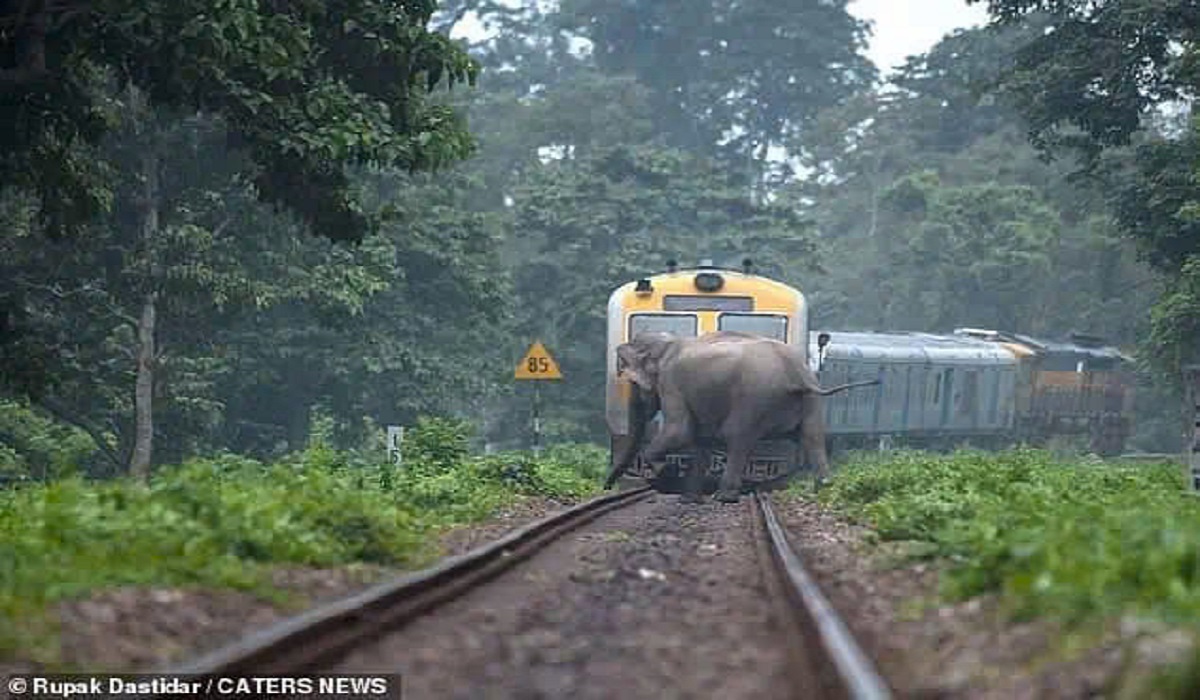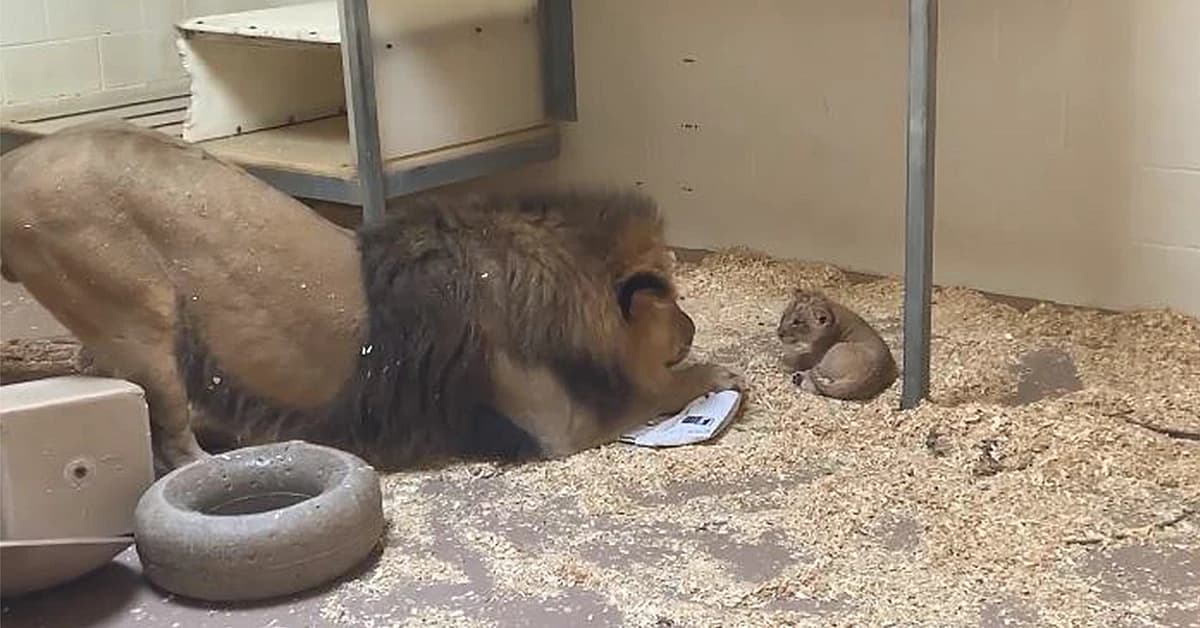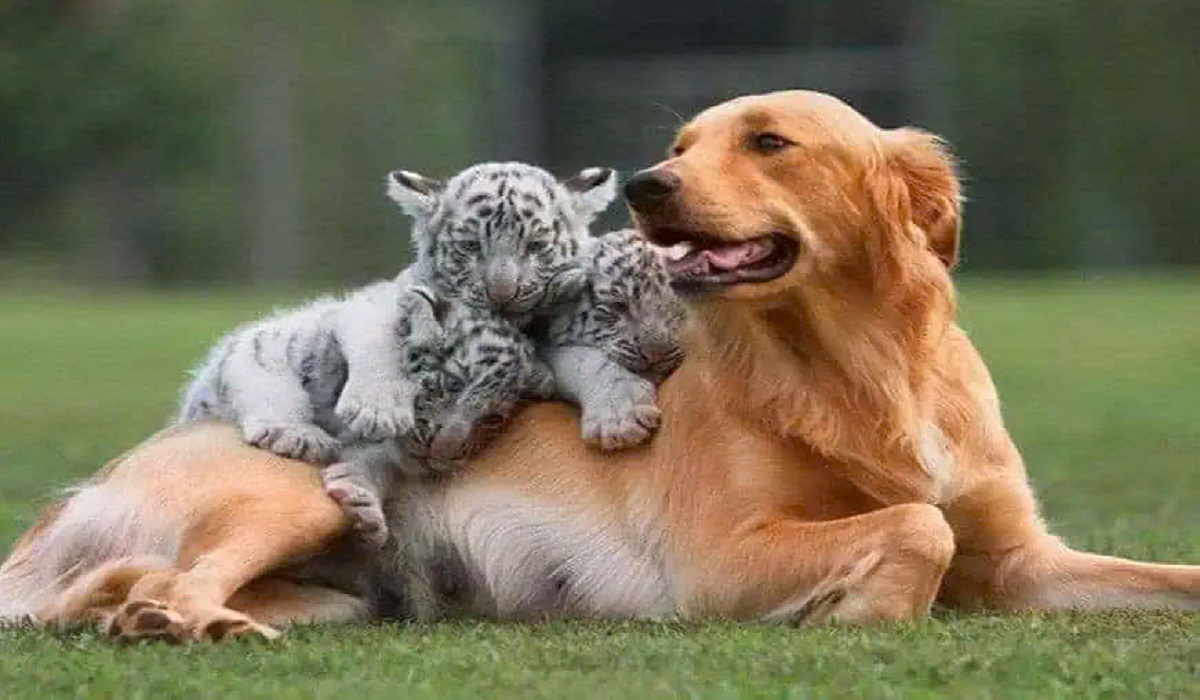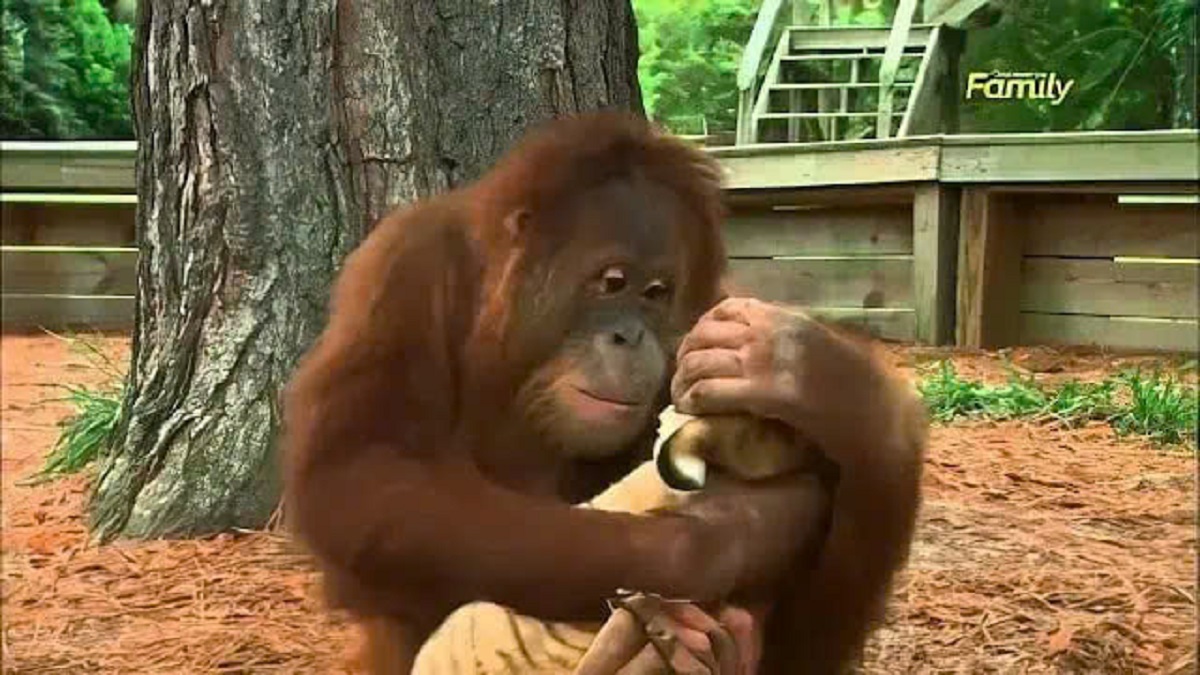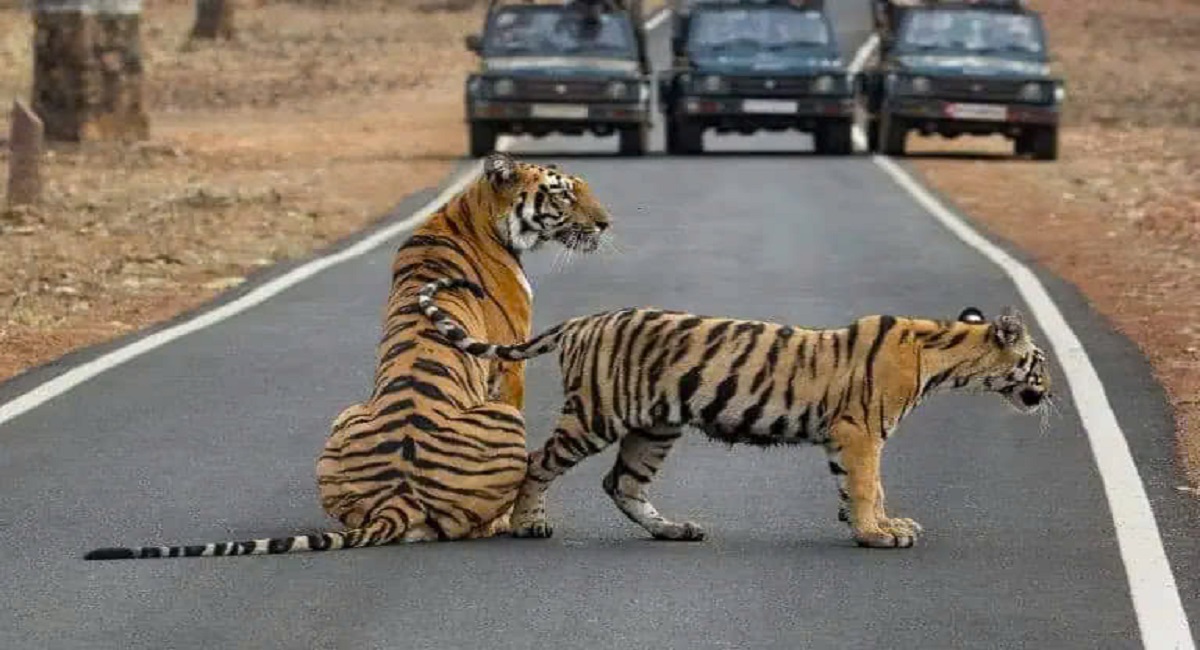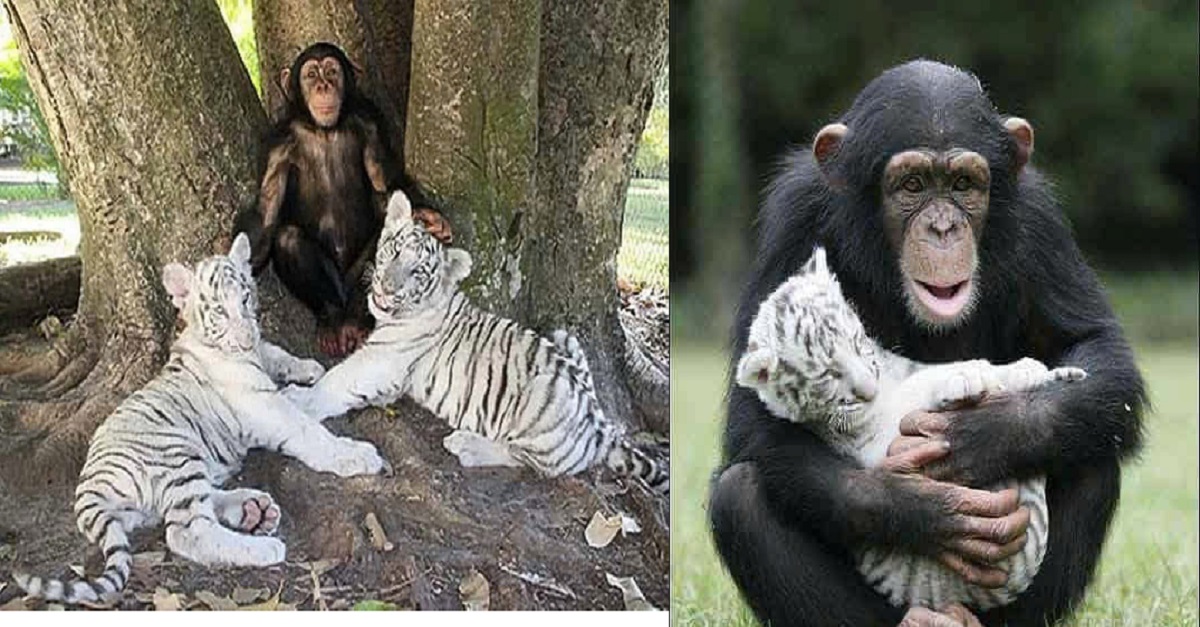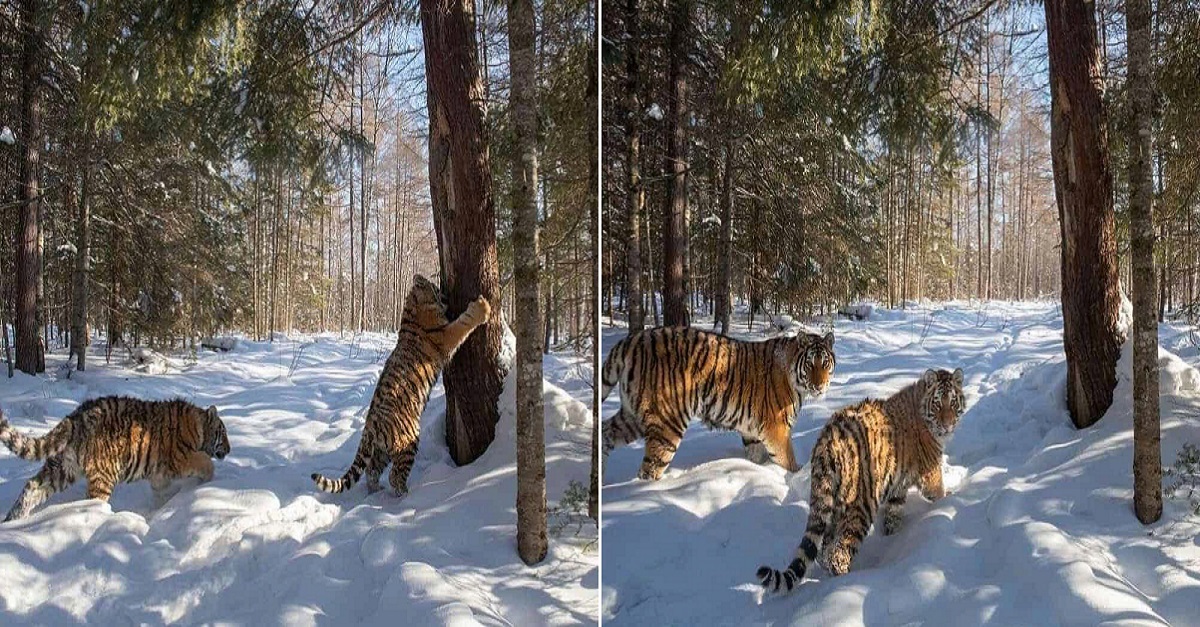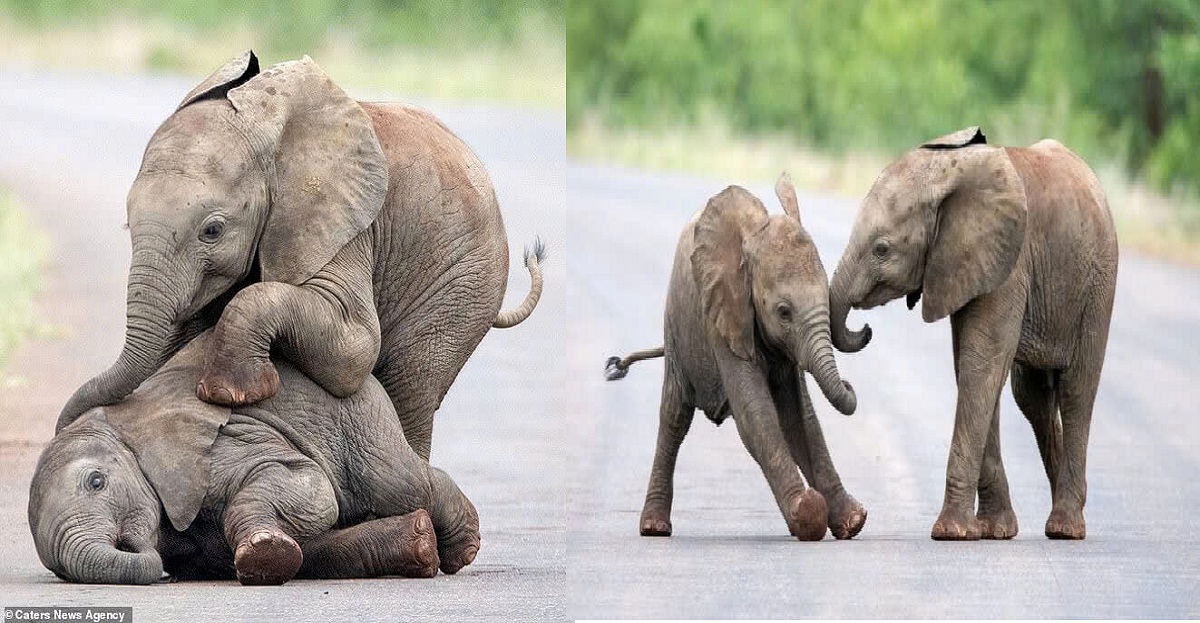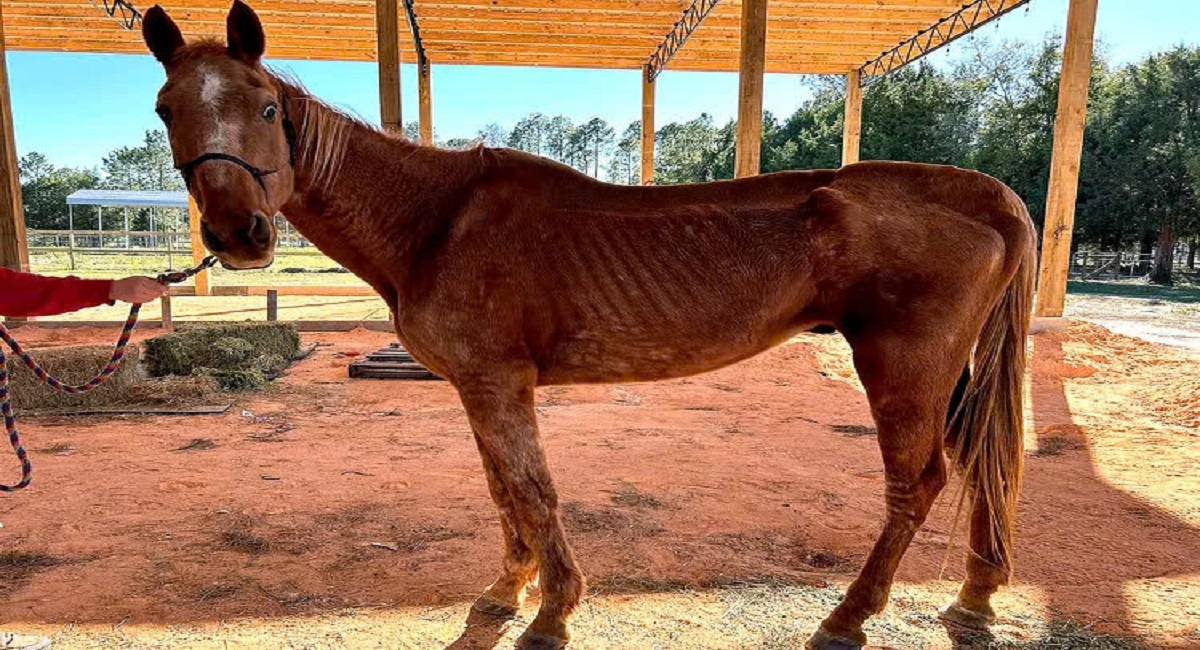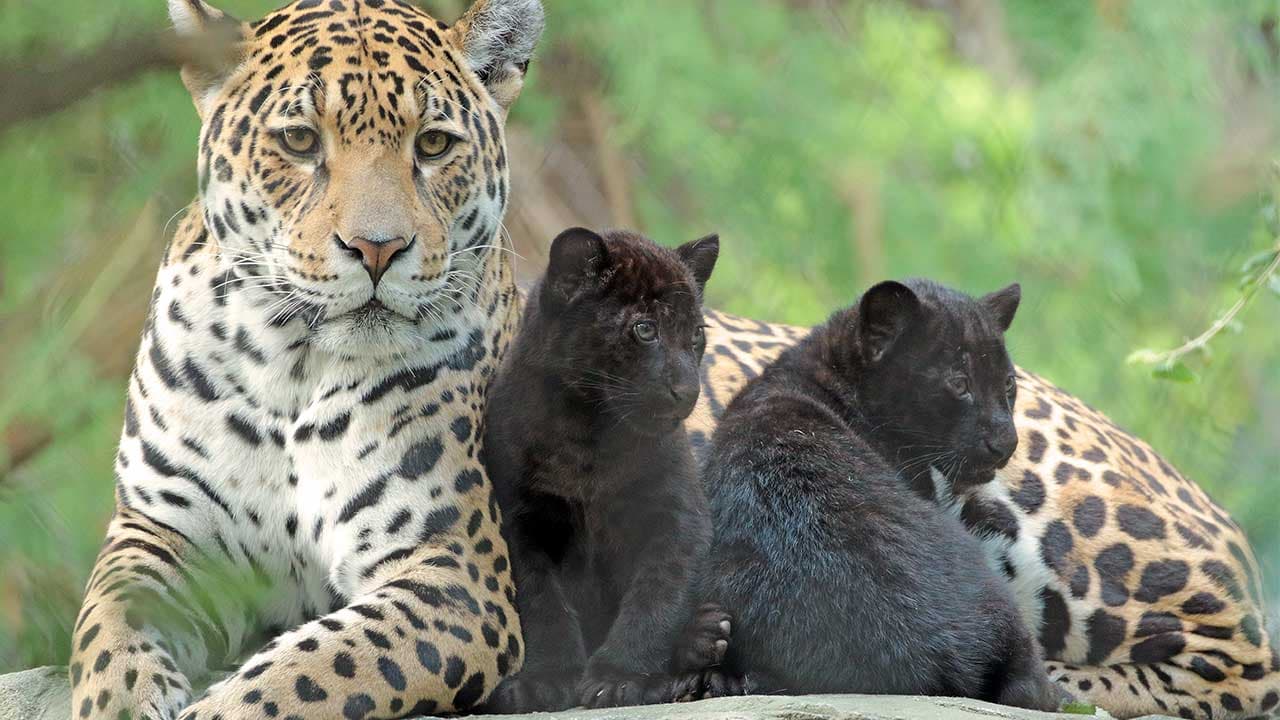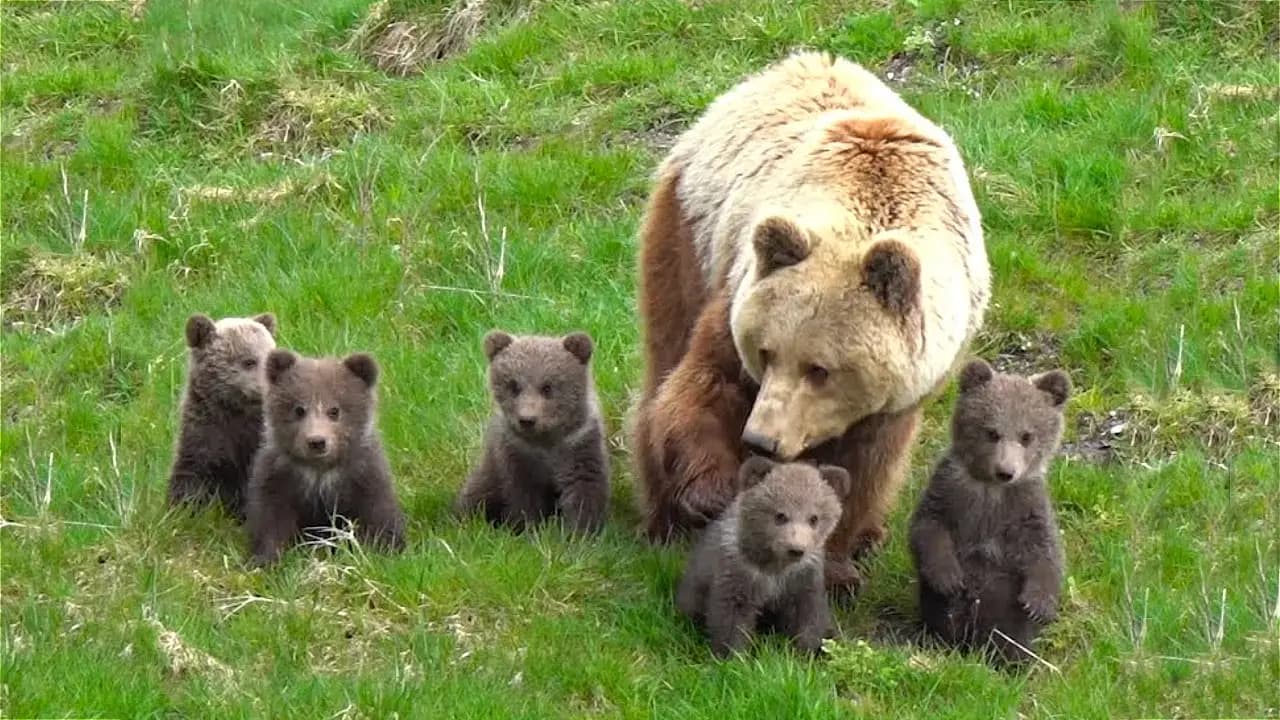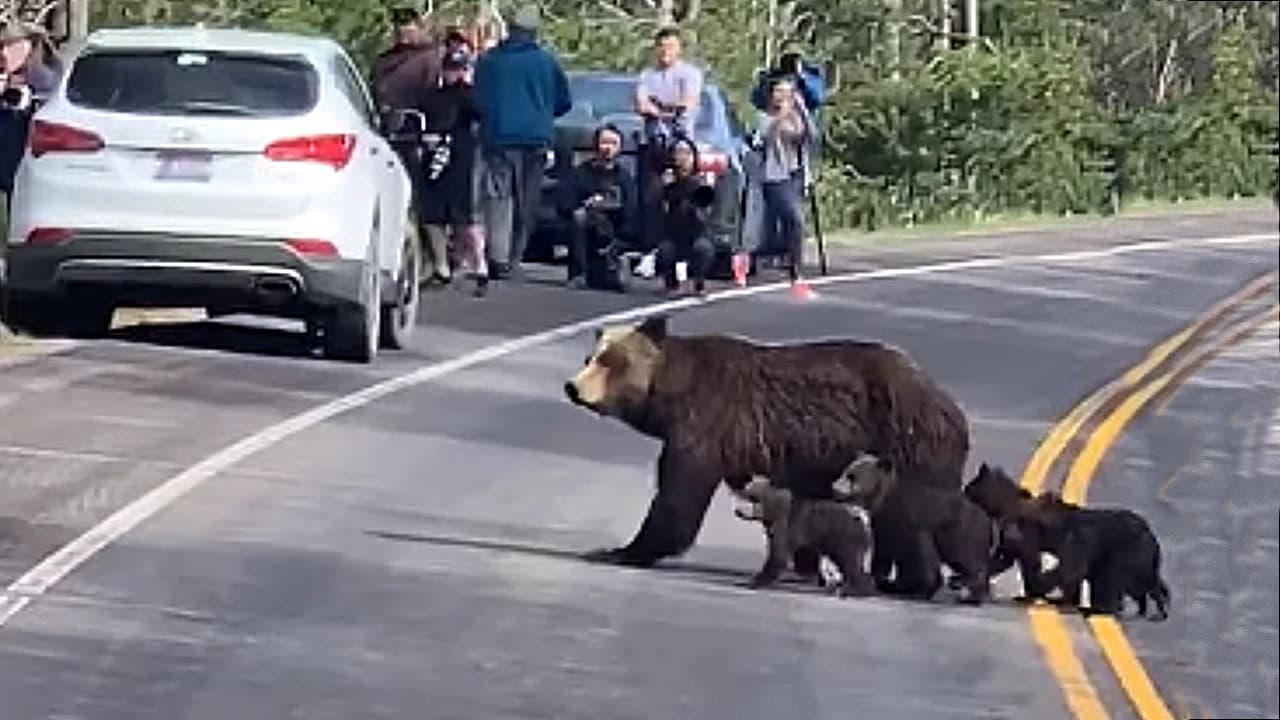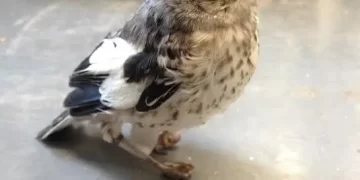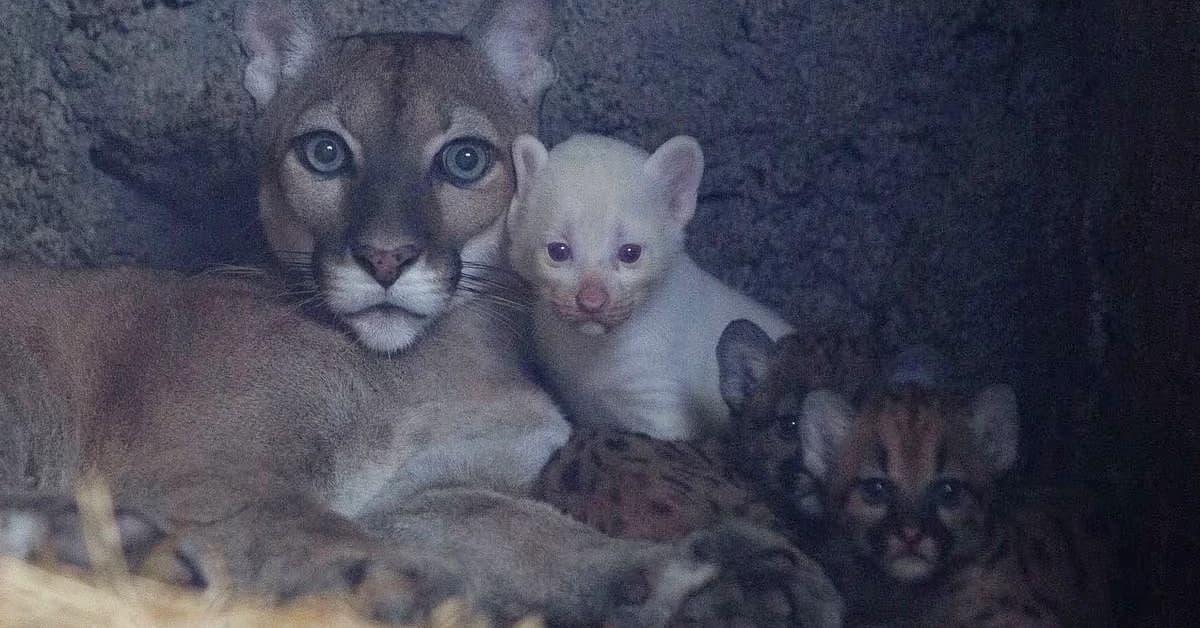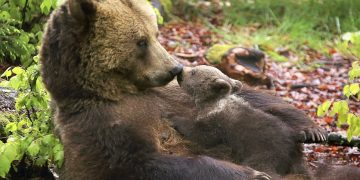African penguins, once thriving along the coasts of Southern Africa, are now facing an unprecedented crisis. Their population has been rapidly dwindling over the past few decades, and the situation has reached a point where urgent calls for action are being made. The alarming decline of these unique penguins is not only a tragedy for wildlife conservation but also a sign of the broader environmental challenges we are facing on a global scale.

Native to the southern coasts of Africa, African penguins, also known as Jackass penguins due to their distinctive braying call, have long been an iconic species in the region. These penguins are the only penguin species that breed on the African continent, primarily on the islands of South Africa and Namibia. They are beloved by locals and tourists alike for their charismatic and endearing nature. However, recent studies reveal that their numbers have plunged by more than 70% in just the past 30 years, putting them on the brink of extinction.
The decline of the African penguin population is driven by a combination of factors, many of which are directly linked to human activities and climate change. One of the primary threats to their survival is the depletion of their food sources. African penguins rely heavily on sardines and anchovies for sustenance. However, overfishing and the shifting of fish stocks due to rising ocean temperatures have made it increasingly difficult for penguins to find food. Without enough to eat, penguins are forced to travel farther from their colonies to find food, putting additional strain on their already declining numbers.
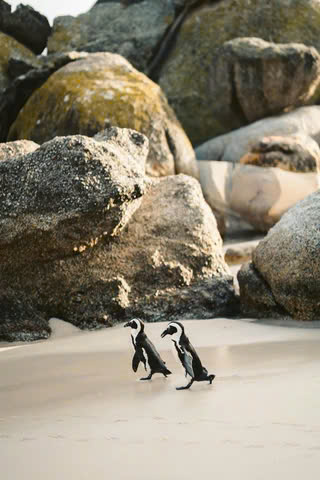
In addition to food scarcity, the destruction of their natural habitat is another significant threat. The islands where African penguins breed are often subjected to human activity, including oil spills, pollution, and development. These disturbances not only damage the penguins’ nesting areas but also expose them to harmful toxins. Nesting sites are essential for the penguins to rear their young, and the loss of these areas is having a devastating impact on their ability to reproduce.
Furthermore, the African penguin is also highly vulnerable to the effects of climate change. Rising sea levels and changing weather patterns have altered the conditions of their coastal habitat, making it more difficult for penguins to thrive. Warmer ocean temperatures also affect the availability of their prey, with fish moving to cooler waters, further exacerbating the penguins’ food shortage.

As the African penguin population continues to shrink, the calls for urgent action have grown louder. Conservationists, environmental organizations, and governments are working together to implement measures to protect the remaining penguins and their habitats. Efforts include establishing marine protected areas to safeguard food sources, regulating fishing practices to prevent overfishing, and creating safe, undisturbed breeding sites for penguins to nest. The South African government has also set up breeding programs in an attempt to increase the penguin population, and organizations like the South African Foundation for the Conservation of Coastal Birds (SANCCOB) are working tirelessly to rehabilitate injured or stranded penguins.
Public awareness and involvement are also key to ensuring the survival of African penguins. Education campaigns are essential to inform people about the plight of these birds and the importance of protecting their environment. By supporting sustainable practices, reducing pollution, and participating in conservation efforts, the general public can play a crucial role in helping to save this endangered species.
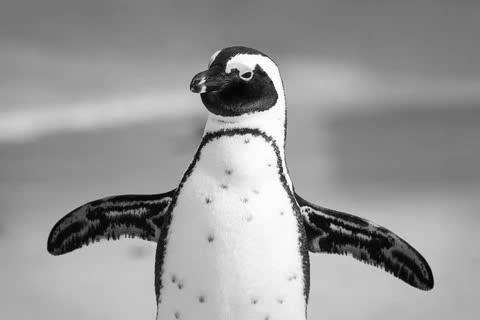
The alarming decline of African penguins is a stark reminder of the devastating impact that human activities and climate change are having on our planet’s biodiversity. If we do not act now, we risk losing a species that has become a symbol of the unique wildlife of Africa. However, it is not too late to make a difference. Through concerted efforts, both on a local and global scale, there is still hope for the African penguin. The time to act is now, and the future of these incredible creatures depends on our willingness to take the necessary steps to protect them.

